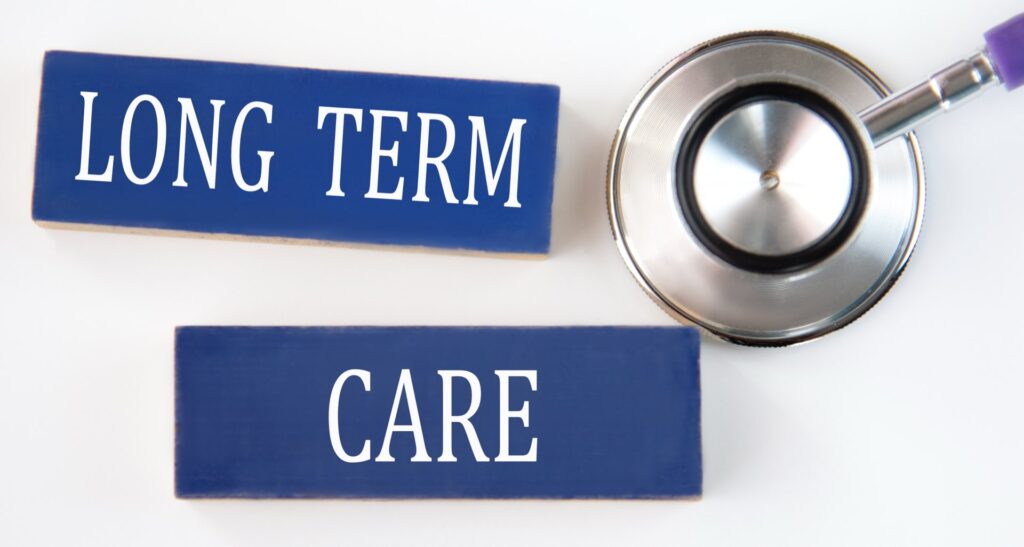
Over the last several months, the spread of the coronavirus (COVID-19) has impacted virtually every aspect of our lives. As the economy has slowed and unemployment has risen, people across the country are becoming increasingly concerned about the future. Whether you were planning to retire in the near future or you’ve recently retired, you likely have several questions about your financial planning. Let’s take a few minutes to explore some ways to prepare for this uncertain economic future, no matter what it may hold.
What to Do if You’re Still Employed
For people who still have a job during this unpredictable time, the stability of your income can prevent you from dipping into your retirement savings, which is great. If possible, try to continue to make contributions to your retirement plan, even through your employer may have stopped matching retirement contributions for now. If you are fortunate enough to find that working remotely has actually saved you money (you’re not dining out as much, you aren’t commuting to work, etc.), you may consider setting up an IRA and contributing up to $6,000 (or $7,000 for those over age 50) this year.
Steps to Take if You Have Lost Your Job
If you, like many other Americans, have lost your job in the wake of this global pandemic, don’t despair. As much as possible, try to avoid dipping into your retirement savings account. If you were able to obtain unemployment or other financial assistance, use these funds to help cover the costs of your mortgage, rent, and other necessities. You may also decide to prioritize your bills—perhaps it’s time to cut a few expenses until you can get back on your feet. Remember that health insurance is more important than ever right now; don’t let a massive medical bill drag you into bankruptcy. Above all, know that you are not alone during this difficult time, and that we will eventually get through these current challenges.
Financial Advice For Recent Retirees
If you have already retired in recent months or years, you likely have some amount of retirement income that can help you cover your bills. However, if your loved ones have been laid off or suffered economic hardship as a result of the pandemic, you may be tempted to give them your money instead of using this income to pay your monthly expenses. While it’s natural to want to help your children or family members right now, you need to be mindful of not giving away all of your income and finding yourself without enough money to afford housing and other necessities.
If you are concerned about your economic situation, especially when it comes to your long term care planning options in the Spokane Valley area, reach out to the dedicated legal team at Legacy Law Group by calling (509) 315-8087 today.




